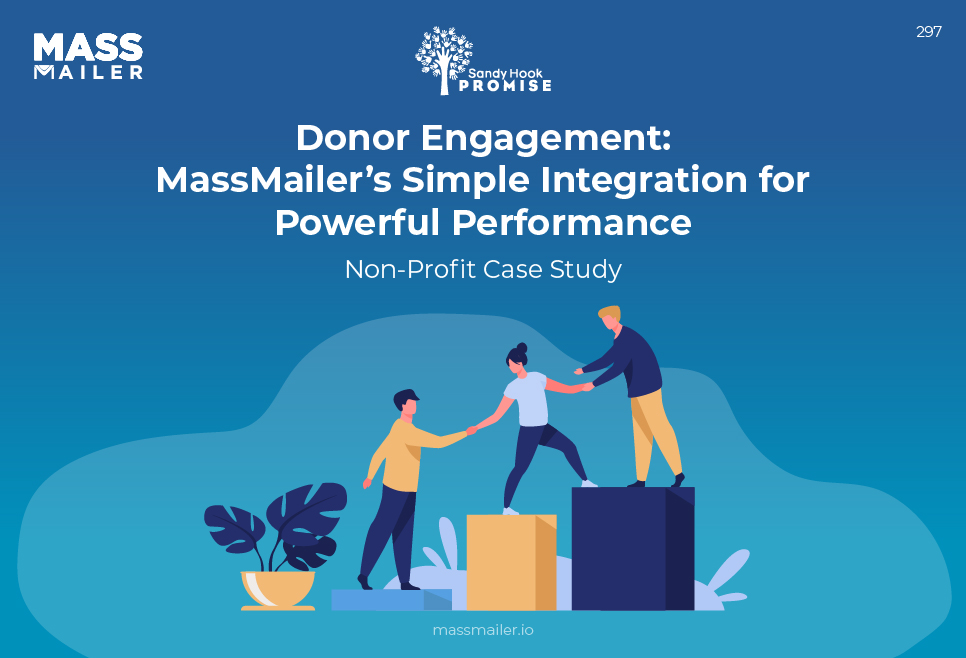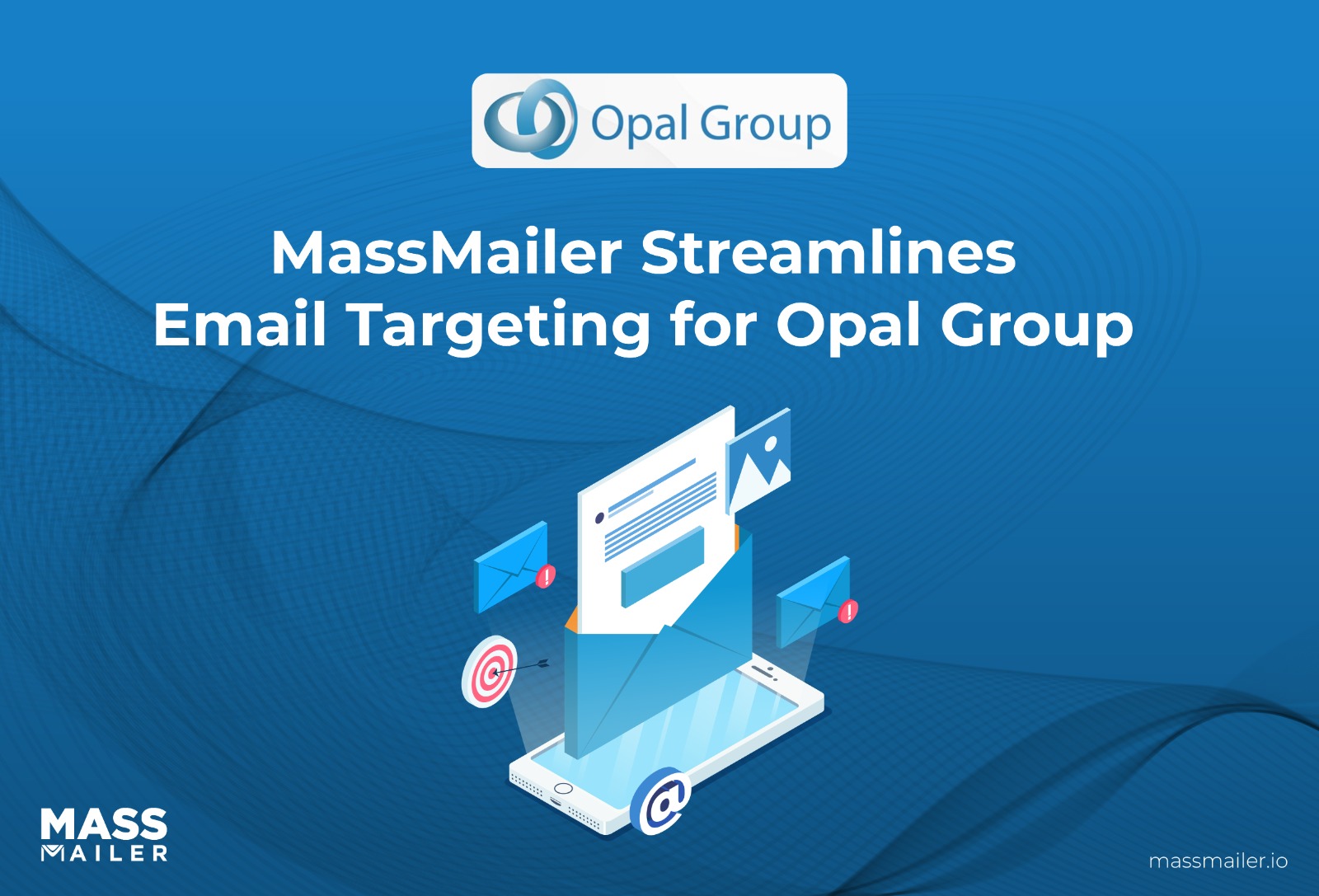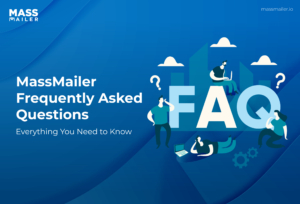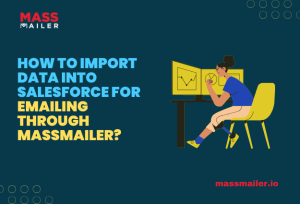Table of Contents
Before you start a new email marketing campaign, you should be fully aware of new email marketing regulations, email marketing laws, and issues of email marketing compliance. Running afoul of email marketing regulations could lead to some strict penalties and fines, which could set your business back considerably.
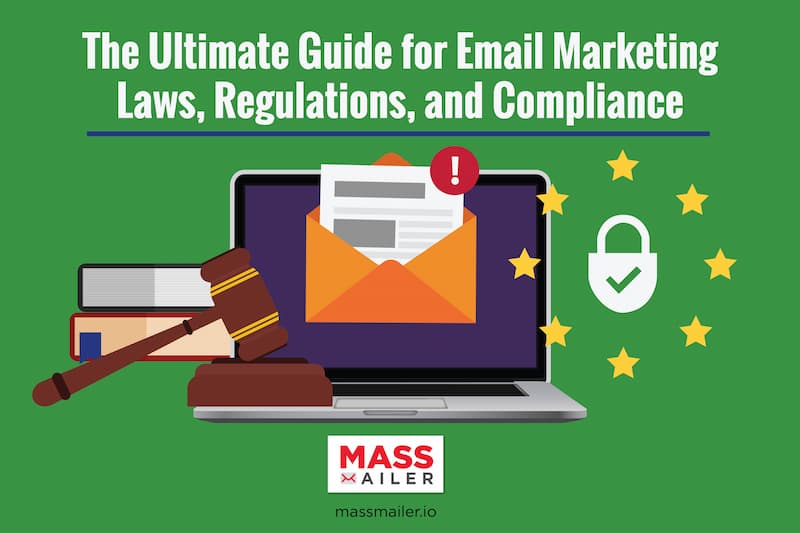
New Regulations Are Being Introduced All the Time
Email marketing laws are constantly being updated. If you're an international business, you don't just need to comply with the laws in your home country. You also need to comply with the laws in the countries that you are selling. The GDPR is a regulation for the European Union, which applies to any businesses that do business with the European Union. Meanwhile, CAN-SPAM is a United States initiative that applies to anyone doing business inside of the US, even if they are not located in the US.
These email marketing regulations are intended to control the unsolicited and misleading advertisements that consumers receive. They're not intended to hinder most business owners. However, there are ways that you could inadvertently break some of these email marketing compliance regulations, especially if you aren't familiar with them.
The GDPR and CAN-SPAM
While there are many regulations regarding how you can communicate with consumers, email marketers will be mostly concerned with two:
- GDPR. The General Data Protection Regulation act regulates the way that consumers can protect and manage their privacy. Perhaps the most visible change is that customers must be notified whenever information is stored about them. Customers must be able to request the deletion of any data that a company has on them, and the company has to respond in a reasonable amount of time. For email marketers, it's essential to know that the GDPR requires that email only be sent to people who have opted into it.
- CAN-SPAM. Controlling the Assault of Non-Solicited Pornography and Marketing Act regulates how emails must be sent in the United States. Email marketing must be opted into, it must not present misleading information about its content, and it has to be sent with specific identifying markers that point back to the business responsible for the email.
Email marketers must comply with these two major regulations. A failure to comply with these anti-spam laws can lead to everything from fines to criminal charges, depending on the extensiveness of the failure.
The Best Practices for Email Compliance
Both CAN-SPAM and GDPR are fairly comprehensive regulations. Email marketers should be familiar with both. As a baseline, to remain compliant, you should:
- Avoid purchased email lists. Purchased email addresses can include something called "spam traps"; emails that are distributed with the express purpose of catching people who are sending unsolicited emails. Even if there aren't any spam traps, sending unsolicited emails to purchased email lists is rarely fruitful, and can get your emails marked as spam.
- Make sure people both opt-in and verify their email address. As long as you verify email addresses, you are also confirming consent. To be compliant under the CAN-SPAM act, you can only send email to those who have consented to you sending email to them — and if you don't, there are stringent fines and penalties.
- Verify your email headers and authentication. Emails need to be traceable to remain compliant; sending emails under spoofed headers is not allowed. Emails can be verified through SPF, DKIM, or DMARC, which authenticates the email and increases its deliverability. Solutions such as MassMailer make it easier to authenticate emails in this way.
- State that your email is an advertisement. It must be clear to consumers that you are advertising to them. Every promotional email that you send must have a clear disclaimer on it stating that it is an advertisement and that it should be perceived as such. It's considered fraudulent to present advertising emails that appear to be something else (such as an official notice).
- Include a postal address where customers can reach you. Every business has to have a valid postal address where they do business, and this address should be included in emails. Otherwise, customers may not be able to contact you with requests, such as a GDPR request for you to furnish the data you have on them or delete it.
- Make sure your opt-out is visible and responsive. Customers shouldn't have to jump through multiple hoops to opt-out. More straightforward opt-out is better for you, as well: it ensures that your email lists are full of active, engaged participants. Once customers attempt to opt-out, they should be able to do so immediately.
- Comply with all data-related requests. If customers request that you delete all of the data you have on them, you must. Additionally, customers may request your records on them: you have to furnish this information under the GDPR.
- Avoid misleading subject lines and links. Under the CAN-SPAM act, a subject line needs to describe the content of the email correctly; it can't be misleading about what the customer will see when they click on it. Further, links should also be descriptive and lead the customer to the information that it indicates.
Email marketing regulations are about creating transparent and honest email marketing. Each email you send must be sent with this in mind.
Salesforce and MassMailer for Better Email Marketing Compliance
With regulations changing year to year and continuously increasing, it can be difficult for anyone to keep track. This is where technology and tools come in. Salesforce is GDPR complaint, and both Salesforce and MassMailer have several tools that you can use to make sure that you adhere to both GDPR and CAN-SPAM.
A few features include:
- Salesforce makes it easy to comply with GDPR requests by keeping all customer information in a centralized location and making it easier for customers to opt-in and opt-out.
- Through Salesforce templates, privacy notices, opt-out links, and mailing addresses can be specified to avoid sending out emails without these critical components.
- MassMailer provides email authentication services, ensuring that emails adhere to the correct security policies and that an email's header information is accurate.
- MassMailer has an automated spam trap finder solution to identify 90% of spam traps. This will prevent an email marketing campaign from being cited for sending emails unsolicited.
With both Salesforce and MassMailer working together, a company can improve the compliance of its email marketing strategies, even as these strategies change. Email marketing laws, regulations, and compliance issues are severe, and fines are often levied based on the total number of emails sent — which can be in the tens of thousands.
Are you concerned about your email marketing compliance? Get the tools that can help you follow new laws and regulations with MassMailer.
Start Your Free Trial Today
Experience MassMailer the easiest way to send personalized emails from Salesforce.
Related Blogs
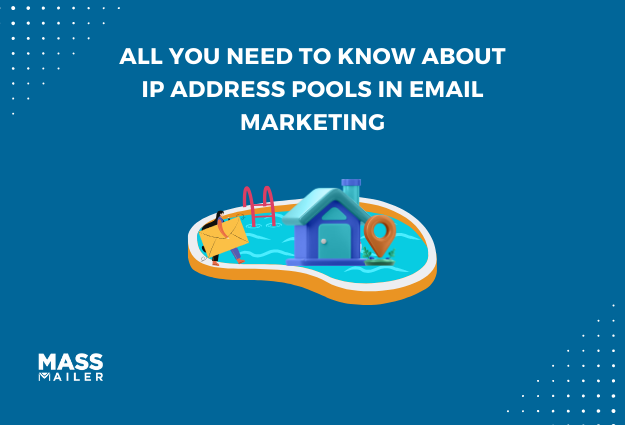
All You Need to Know About IP Address Pools in Email Marketing
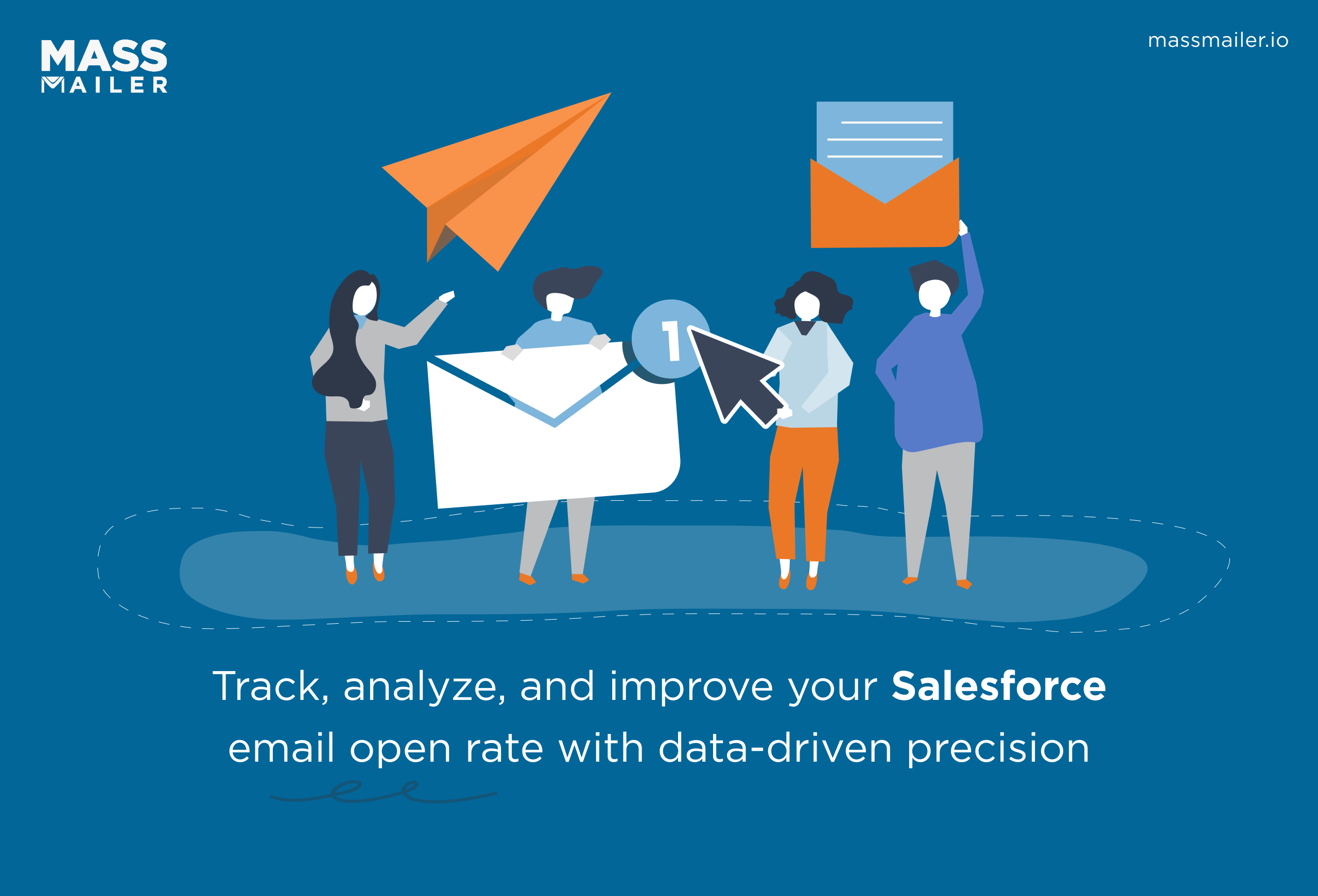
Salesforce Email Open Rate: How to Track and Improve
MassMailer Resources
MassMailer Glossary


